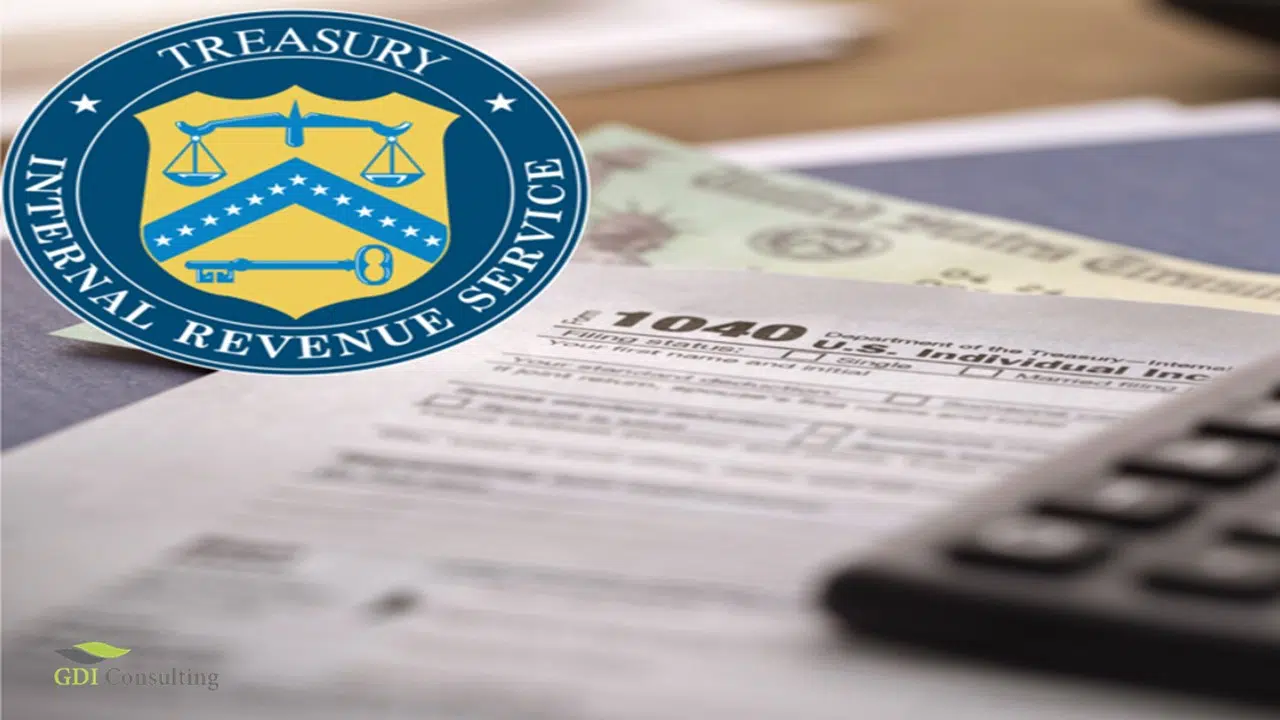How to Win the IRS Integrated Enterprise Portals (IEP) 2.0 Contract
Introduction
The Internal Revenue Service (IRS) is looking for small businesses that can provide enterprise program, project, and integration services to support its information technology (IT) missions. The contract, known as Integrated Enterprise Portals (IEP) 2.0, is expected to be worth up to $2.5 billion over 10 years. This article will provide an overview of the historical background, the RFP description, the eligibility criteria, and the challenges of this opportunity. It will also highlight how GDI Consulting can help you prepare a winning proposal for this contract.
Historical Background
The IEP contract provides the primary digital gateway and platform connecting taxpayers, third parties, tax practitioners, and employees with the IRS. The current IEP vendor provides a range of application development, hosting, security, and operations services for over 90 IRS business applications, many of which enable delivery of the annual Tax Filing Season.
The current IEP contract is a single-award blanket purchase agreement (BPA) under GSA Schedule 70 that was awarded in 2014 to Accenture Federal Services LLC for a base period of one year and four option years. The contract has a ceiling value of $493 million.
The IEP 2.0 contract is a follow-on to the current IEP contract. The IRS anticipates awarding a new IT managed services contract for IEP services during Q3 of FY2024.
RFP Description
The IRS plans to issue a solicitation for the IEP 2.0 contract by September 30, 2023 (Solicitation number IRSIEPRFI. The solicitation will be a small business set-aside under NAICS code 541611 (Administrative Management and General Management Consulting Services) with a size standard of $24.5 million. The IRS intends to award multiple BPAs under FAR Subpart 8.4 for a period of 10 years (five-year base period with five one-year option periods). The estimated value of the contract is $2.1 billion, but it may not exceed $2.5 billion over 10 years.
The IRS will evaluate proposals based on the following factors: technical approach, past performance, key personnel qualifications, small business participation plan, and price1. The IRS will use a trade-off process to select the best value proposals for award.
Eligible Participants
The IEP 2.0 contract is a great opportunity for small businesses that have experience and expertise in providing enterprise program, project, and integration services to federal agencies, especially in the IT domain. The IEP 2.0 contract will require contractors to perform a wide range of tasks such as:
- Providing program and project planning, program/project management and administration, integration services, customer consultation/coordination, requirements specification analysis, planning, Enterprise Life Cycle (ELC) processes and documentation.
- Providing engineering and architecture services such as system design, development, integration, testing, deployment, maintenance, and enhancement.
- Providing enterprise testing services such as test planning, test execution, test reporting, defect management, test automation, test environment management.
- Providing cloud services such as cloud migration planning and execution, cloud architecture design and development.
- Providing optional surge support such as rapid response teams or staff augmentation for short-term or urgent needs.
To be eligible for the IEP 2.0 contract, small businesses must meet the following requirements:
- Have a valid DUNS number and be registered in SAM.gov.
- Have an active GSA Schedule 70 or Professional Services Schedule (PSS) contract with SINs that match the scope of work.
- Have relevant past performance within the last five years that demonstrates successful performance of similar or greater scope and complexity as the IEP 2.0 SOW.
- Have qualified key personnel that meet or exceed the minimum education, certification, and experience requirements specified in the SOW. The key personnel positions are: program manager; project manager; integration manager; cybersecurity manager; engineering manager; testing manager; cloud manager; surge support manager.
- Have a small business participation plan that demonstrates how the offeror will meet or exceed the small business subcontracting goals established by the IRS.
Challenges
The IEP 2.0 contract is a highly competitive and complex opportunity that poses several challenges for small businesses. Some of the challenges are:
- Understanding the needs and expectations of the IRS and its customers, and tailoring the technical approach to address them effectively and efficiently.
- Demonstrating relevant and successful past performance that showcases the offeror’s capabilities and experience in providing enterprise program, project, and integration services to federal agencies, especially in the IT domain.
- Identifying and securing qualified key personnel that meet or exceed the IRS’s requirements, and providing compelling resumes and letters of commitment.
- Developing a realistic and reasonable price proposal that reflects the offeror’s understanding of the scope of work, the labor mix, the labor rates, and the other direct costs.
- Complying with the solicitation instructions, terms, and conditions, and submitting a compliant and responsive proposal by the deadline.
While challenges exist, partnering with experts like GDI Consulting can increase the chances of success in this lucrative federal opportunity. If you are interested in working with GDI Consulting for the IEP 2.0 contract opportunity, please contact us today. We would love to hear from you and discuss how we can help you achieve your business goals.

